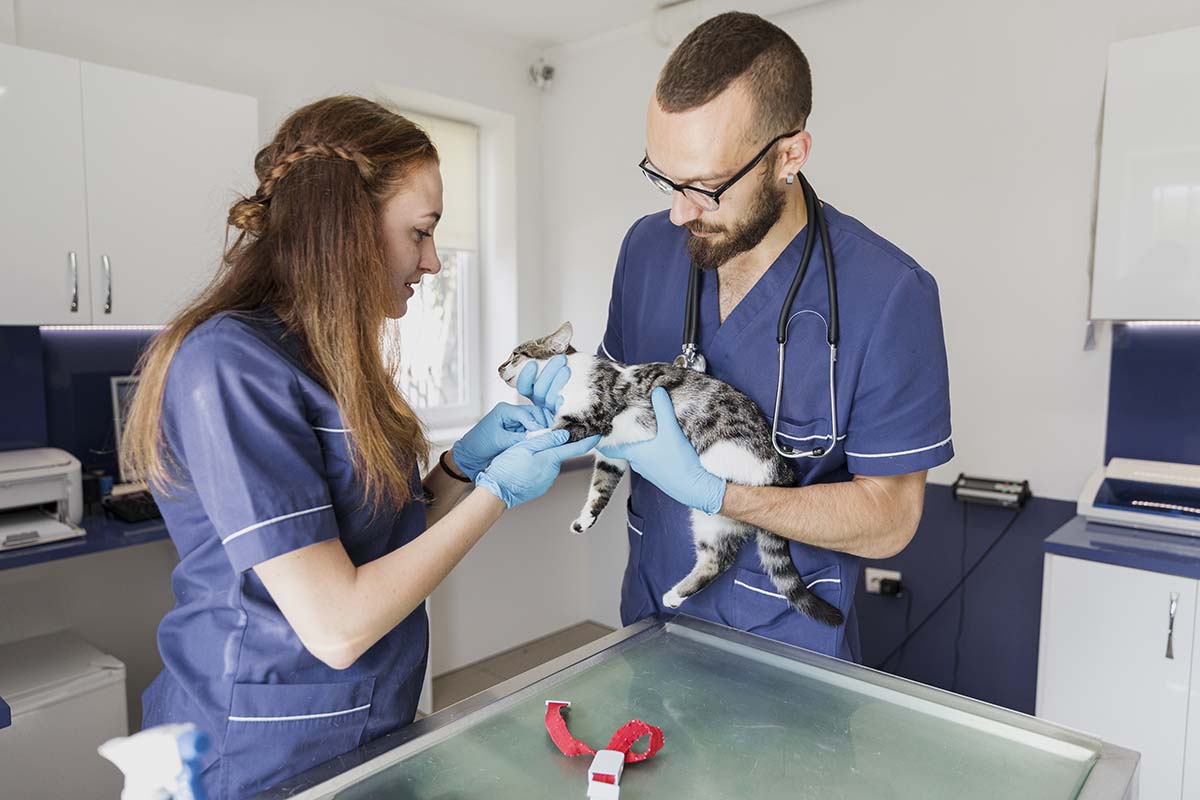Becoming a Veterinarian: More Than Just a Dream Job
Key Points
High Demand, High Debt – The love for pets is growing, but veterinary school costs can leave graduates with crushing debt.
Uncertain Future – Social media glamorizes vet life, yet AI, telemedicine, and job shifts add layers of insecurity to this career path.
Purpose Over Fear – Despite the challenges, the deep fulfillment of healing animals makes this one of the most rewarding paths out there.
If you’re passionate about animals, becoming a veterinarian may feel like the perfect calling.
After all, who wouldn’t want to spend their days helping creatures who can’t speak for themselves?
But here’s the truth most people don’t talk about: this path is beautiful, yes—but it’s also demanding, competitive, and full of uncertainty.
The world is changing fast.
Social media keeps showing us highlight reels of “dream jobs,” but behind the cute puppy rescues and horse check-ups, there’s a reality of long hours, emotional strain, and student debt.
In fact, the cost of veterinary school is skyrocketing, with many graduates starting their careers already carrying six figures of debt.
Combine that with uncertain job markets (AI is reshaping industries everywhere), and you see why more students are asking: “Is this career still secure in 10 years?”
Yet, despite these fears, the demand for veterinarians is rising.
Pet ownership has soared worldwide, especially after the pandemic, and people are spending more than ever on their pets’ health.
From telemedicine for pets to specialized animal care, new opportunities are opening up in ways previous generations never imagined.
Still, the pressure is real—you’ll need resilience, focus, and the ability to stand out in a world where every industry, even animal care, is touched by digital transformation.
So, if you’re serious about becoming a vet, prepare for both the joy and the weight of responsibility.
It’s a career that asks everything of you—but it can also give you a purpose like no other.
Becoming a Veterinarian: Types of Vet
Within the veterinary profession, there are many different specialisms.
These can include dentistry, equine, emergencies, surgery, and large animals.
Once you are a licensed vet, you can choose to specialize and become certified in a specific area of veterinary practice.
Many vets work with companion animals and offer a wide range of services, such as easyvet Morristown, which provides vaccinations and microchipping services, as well as general treatments for common illness and injuries, as well as emergency cases.
What do they do?

Generally, vets diagnose illnesses, treat injuries, prescribe medications, perform surgery, give vaccinations, and provide owners with healthcare recommendations for their pets and animals.
Veterinarian may also offer services in various areas and environments, including private practice, public health, teaching, and research.
Becoming a Veterinarian: Is it for you?
As well as the technical skills you will need to be a vet, there are certain characteristics and traits that will help you pursue this career.
Communication is very important, as you will need to talk with various people, from owners to other veterinary practitioners, concisely and efficiently.
You will also need to communicate medical needs clearly to members of the public to make sure they fully understand their animals’ health requirements.
Critical thinking and problem-solving are other useful skills for a vet to have, as no two days will be the same.
You will have to think on your feet and work with uncooperative animals.
Understanding animal behavior and anatomy is another important part of being a vet, and these skills will be developed during your many years of training and education.
How can you become one?
Most veterinary schools require you to have a bachelor’s degree with some science courses such as biology or chemistry.
While earning your bachelor’s degree, you can do many things to build your experience and skills.
Volunteering on programs or internships in the veterinary field can give you valuable hands-on experiences and allow you to see what your veterinarian’s life is really like.
You will then have to complete a Doctorate in Veterinary Medicine, which generally takes four years and involves animal anatomy and physiology, clinical studies, externships, and research projects.
Once you have graduated, you need to become licensed.
To do this, you must complete the North American Veterinary Licensing Exam, as well as any other exams your state may require.
Once you are licensed, you can gain experience and even choose to specialize in a certain field.
To be eligible for certification in a specific field, you must complete a residency or additional education.
There are also many national and state associations for veterinarians that you can become a member of.
Becoming a vet is a very demanding process but can be incredibly rewarding and allow you to work in your desired field.



















